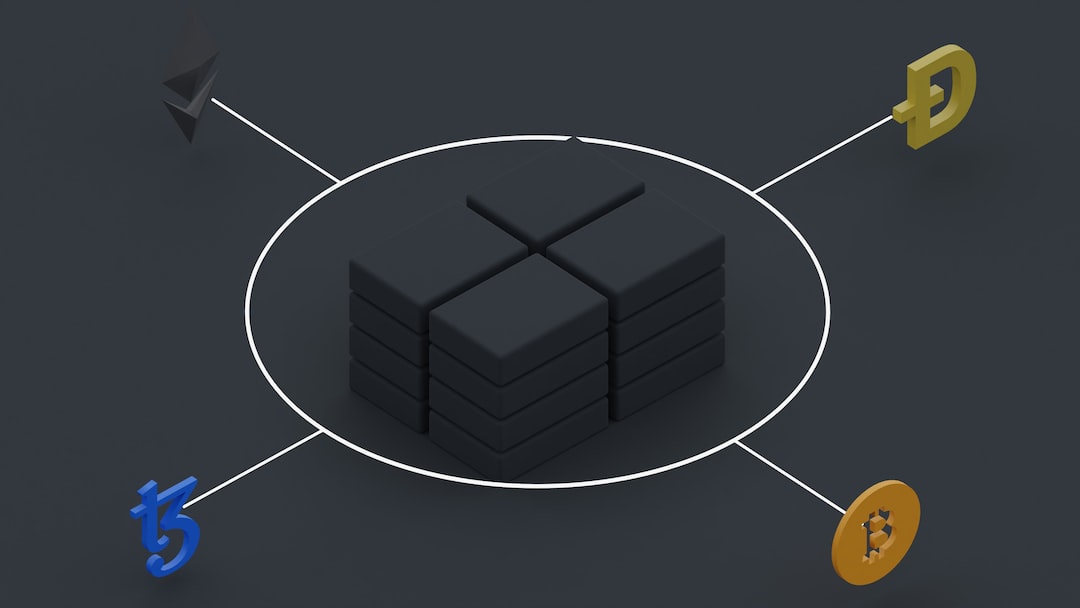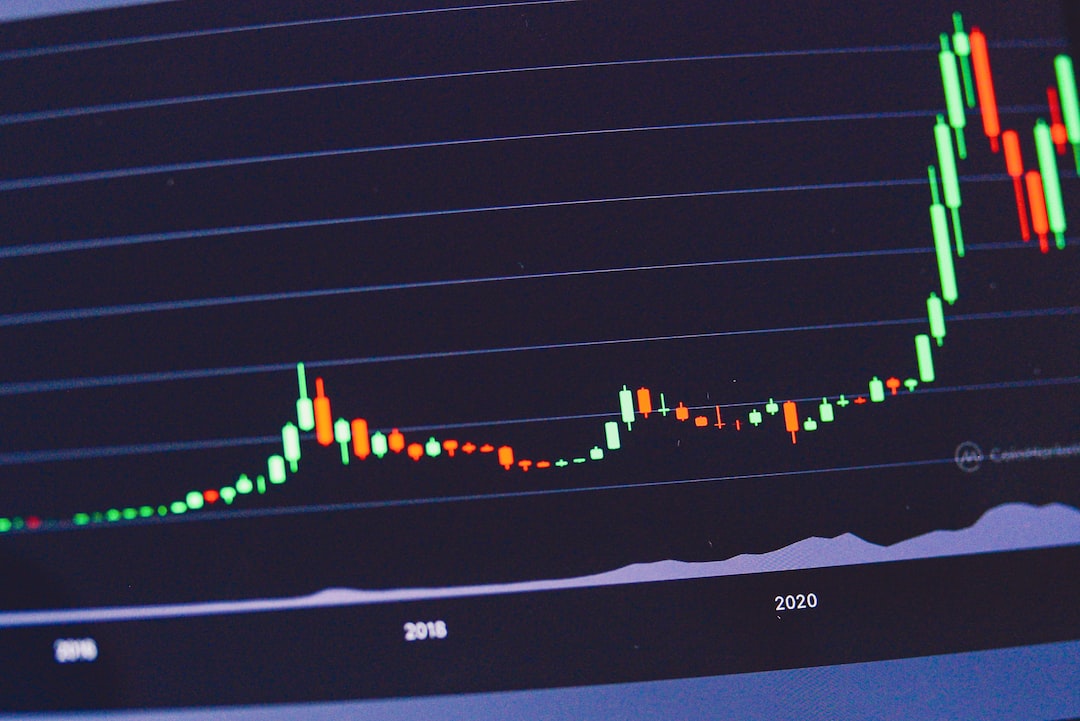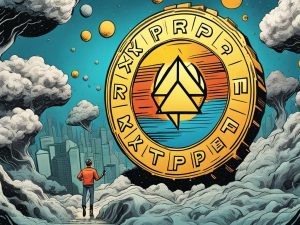Ripple CTO Counters Cardano Founder’s Comments on ETHgate Conspiracy Theory
Ripple’s chief technology officer, David Schwartz, has responded to comments made by Cardano founder Charles Hoskinson regarding the motives behind US regulators’ determination that Ethereum (ETH) is not a security. Hoskinson addressed the ETHgate theory during an AMA session, arguing that the government’s actions were not driven by corruption. ETHgate is a conspiracy theory suggesting that Ethereum received special treatment from US regulators, particularly the Securities and Exchange Commission (SEC). Despite SEC director William Hinman stating in 2018 that Ether is not a security, other cryptocurrencies like XRP have faced challenges in establishing their regulatory status.
Hoskinson’s View on Favoritism
Hoskinson claimed that the drafts of Hinman’s speech on Ethereum’s regulatory status indicate favoritism rather than corruption. He questioned whether the SEC had any evidence to support their claims of corruption and emphasized the differences between XRP and Ethereum, suggesting that the SEC’s actions might be influenced by fear of XRP. The XRP community responded to Hoskinson’s remarks, with Ripple CTO Schwartz arguing that favoritism aligned with personal interests can be considered corruption.
Allegations Against Hoskinson
Some members of the community suggested that Hoskinson’s questions about evidence in the ETHgate case could be linked to his own history with Ethereum. As one of Ethereum’s co-founders, Hoskinson had a brief tenure as CEO before leaving in 2014 to launch Cardano. Speculation arose about what he may be hiding from his time at Ethereum.
Hot Take: Ripple CTO Counters Cardano Founder’s Views on ETHgate Conspiracy Theory
Ripple CTO David Schwartz has challenged Cardano founder Charles Hoskinson’s perspective on the ETHgate conspiracy theory. While Hoskinson argued that the US government’s actions regarding Ethereum were driven by favoritism rather than corruption, Schwartz contended that favoritism aligned with personal interests can indeed be seen as corruption. The debate highlights the ongoing discussions within the crypto community about regulatory clarity and the perceived biases of regulators. Regardless of the motives behind the determination of Ether as not a security, the status of other cryptocurrencies like XRP remains uncertain, creating challenges for their adoption and development.





 By
By
 By
By
 By
By
 By
By
 By
By